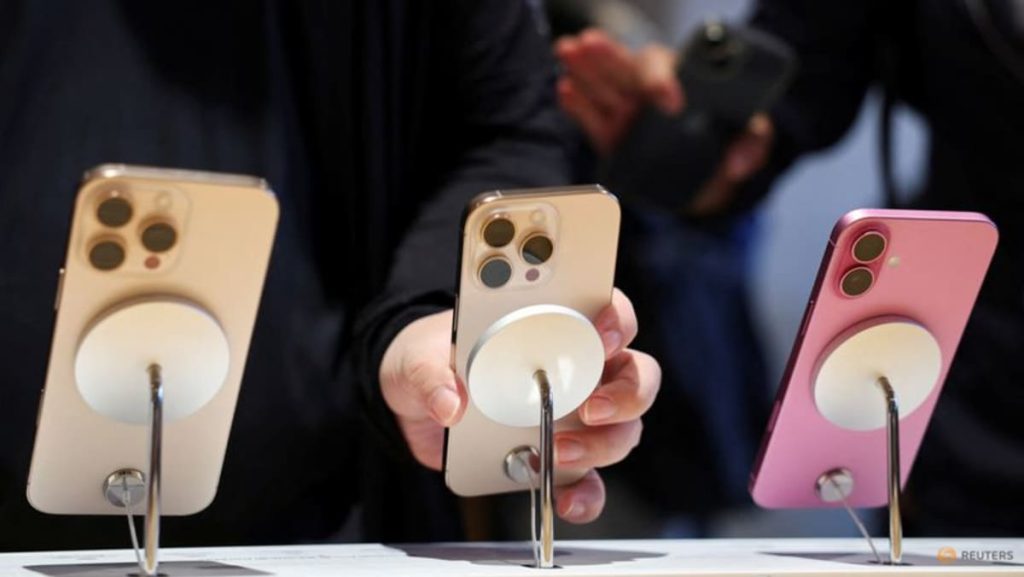The Indonesian government, under the leadership of Industry Minister Agus Gumiwang Kartasasmita, has engaged in a standoff with Apple Inc. over the sale of the iPhone 16 within the country. The core issue revolves around Indonesia’s local content regulations, which mandate that smartphones sold in the country must contain at least 40% locally sourced components. Apple’s iPhone 16, according to the ministry, has not met this threshold, preventing the issuance of the necessary domestic component level certificate required for legal sales. The minister emphatically clarified that accessories like the AirTag, Apple’s tracking device, do not contribute towards fulfilling this local content requirement, solidifying the government’s stance on the matter.
Negotiations between Indonesian officials and Apple representatives have thus far yielded no resolution. While Apple proposed a $100 million investment in Indonesia to circumvent the sales ban, the Indonesian government rejected this offer, deeming it insufficient to address the core issue of local content integration. Minister Kartasasmita underscored that the onus now lies with Apple to respond to the government’s counterproposal, effectively placing the ball in Apple’s court. He stressed the urgency of the situation, stating that if Apple wishes to commence sales of the iPhone 16 promptly, a timely response is crucial.
The current impasse doesn’t represent a complete ban on the presence of iPhone 16 devices within Indonesia. The government permits the importation of the device for personal use, provided it’s not for commercial purposes. This distinction allows individuals to bring the iPhone 16 into the country, effectively bypassing the sales ban. Government estimates indicate that approximately 9,000 units have entered Indonesia through this avenue, highlighting the demand for the device despite the official sales restrictions. This scenario underscores the complexity of balancing trade regulations with consumer demand in a globalized market.
The government’s firm stance on local content requirements isn’t exclusive to Apple. Google’s Pixel phones have also faced similar restrictions, barred from official sales channels for failing to meet the 40% local content rule. Despite this ban, an estimated 22,000 Google Pixel phones made their way into Indonesia last year, further illustrating the challenges of enforcing import restrictions in the face of consumer demand and the prevalence of alternative import channels. This parallel situation reinforces the Indonesian government’s commitment to enforcing its local content policy across the board, impacting major tech players equally.
Indonesia’s insistence on local content integration represents a broader strategy aimed at fostering domestic industry growth and technological development. By mandating the inclusion of locally sourced components, the government seeks to stimulate local manufacturing, create jobs, and enhance the country’s technological capabilities. This approach reflects a growing trend among emerging economies to leverage their consumer markets to drive domestic industrial development. While this strategy can create friction with international companies, it underscores the importance governments place on nurturing their own industrial ecosystems.
The ongoing negotiations between Indonesia and Apple highlight the tension between global trade dynamics and national industrial policies. While international companies seek access to lucrative consumer markets, governments increasingly prioritize policies aimed at boosting domestic economic growth and technological self-reliance. The case of the iPhone 16 in Indonesia serves as a microcosm of this larger global trend, illustrating the complex interplay between trade liberalization and national development objectives. The outcome of this standoff will likely have implications beyond just Apple, potentially influencing how other international companies approach market entry and local content requirements in emerging economies.

